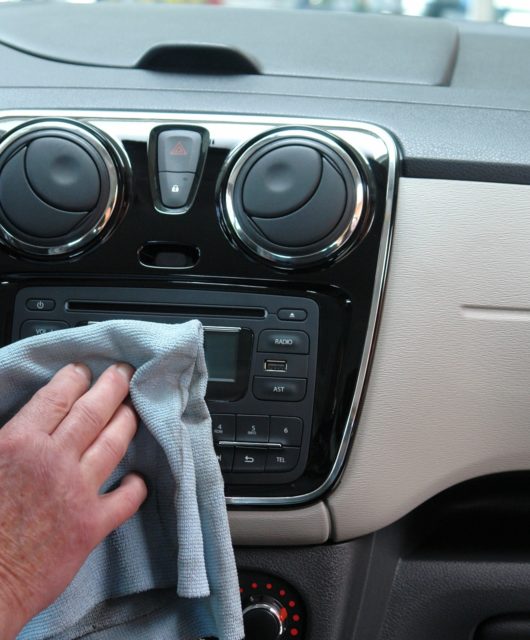What’s Your Car Worth? How to Gauge the Value of Your Vehicle
If you own a vehicle, it’s important to understand that vehicle’s value, and how to maximize that value—both in prolonging the lifespan of your car and getting what it’s worth when you go to sell it. Knowing the value of your car (and other cars) can help you make the right choice when buying a new vehicle, get your car’s worth when selling it, and even make more fiscally responsible choices throughout your ownership of the vehicle.

But how exactly are car values calculated, and how can you learn what yours is worth?
Main Variables
First, understand the main variables that will affect how valuable your car is:
- Make and model. First, you’ll need to look at the make and model of the vehicle, as every vehicle starts out with a different base value, and tends to deteriorate at a different rate. Consumer reports usually dictate which car brands are most favored by consumers, based on the driving experience and the value of ownership. These tend to change from year to year, but some brands—like Audi, Lexus, and Subaru—are consistently near the top of the list. Lower-quality car brands have more lax standards when it comes to design and manufacturing, and accordingly, their cars may depreciate faster. You can look up basic information about how your make and model of car is valued, but public perceptions also play a role in shaping demand.
- Age. Obviously, your car’s age will also factor into its value—including both how long you’ve owned it and how many miles you’ve driven. Car depreciation happens fast; a car loses about 25 percent of its value after just a year of ownership, and after 3 years of ownership, it can lose about 46 percent of its value. By 5 years after ownership, its value will have decreased by 63 percent. These figures are averages, which means your make and model of car may depreciate faster or slower.
- Condition and history. The condition and history of your car will also affect its value. If your car has noticeable signs of wear, such as rust, dents, scratches in the paint, or structural defects like worn brake pads, it’s going to be worth less. Also, if your car has ever been involved in a recorded accident, its value may decline even further.
How to Determine the Value of Your Car
Depending on what condition your car is in and how you’re planning to realize its value, there are three main scenarios that require different calculations:
- Selling your car used. If you plan to sell your car to another individual or a dealership, you’ll want to know what people in your area will pay for it. Historically, Kelley Blue Book has been one of the most trusted resources in calculating used car value; dealers often consult this resource when calculating their offers, and the website offers a calculator you can use to get a ballpark estimate of your car’s value immediately. Edmunds, another trusted resource, offers a similar calculator. Just keep in mind that calculators like these aren’t able to inspect your car or accurately gauge its condition beyond a brief description; the offer you get may be higher or lower than what the calculator suggests.
- Selling your car’s parts. A car whose value is sufficiently low can often be gutted for parts. Some parts, like your car’s transmission, may work perfectly well, and if all those parts are sold together, they may return a value to you in excess of what your car would be worth by itself. Of course, this requires significant research and the ability to take apart your car on your own, which not many people are willing to do.
- Scrapping your car entirely. Finally, as explained by the Clunker Junker, it’s possible to scrap your car entirely. In these situations, you’ll go to a mechanic or recycler that specializes in recycling vehicles, and you’ll sell the entire vehicle for a single cash offer, based on what types of parts and raw materials can be extracted from the vehicle.
Fortunately, there are many online resources to help you calculate the value of your car—no matter what kind of car you have or what condition it’s in. The more you understand vehicle valuations, the more value you’ll be able to get out of your vehicles, in purchasing, maintaining, and selling.









